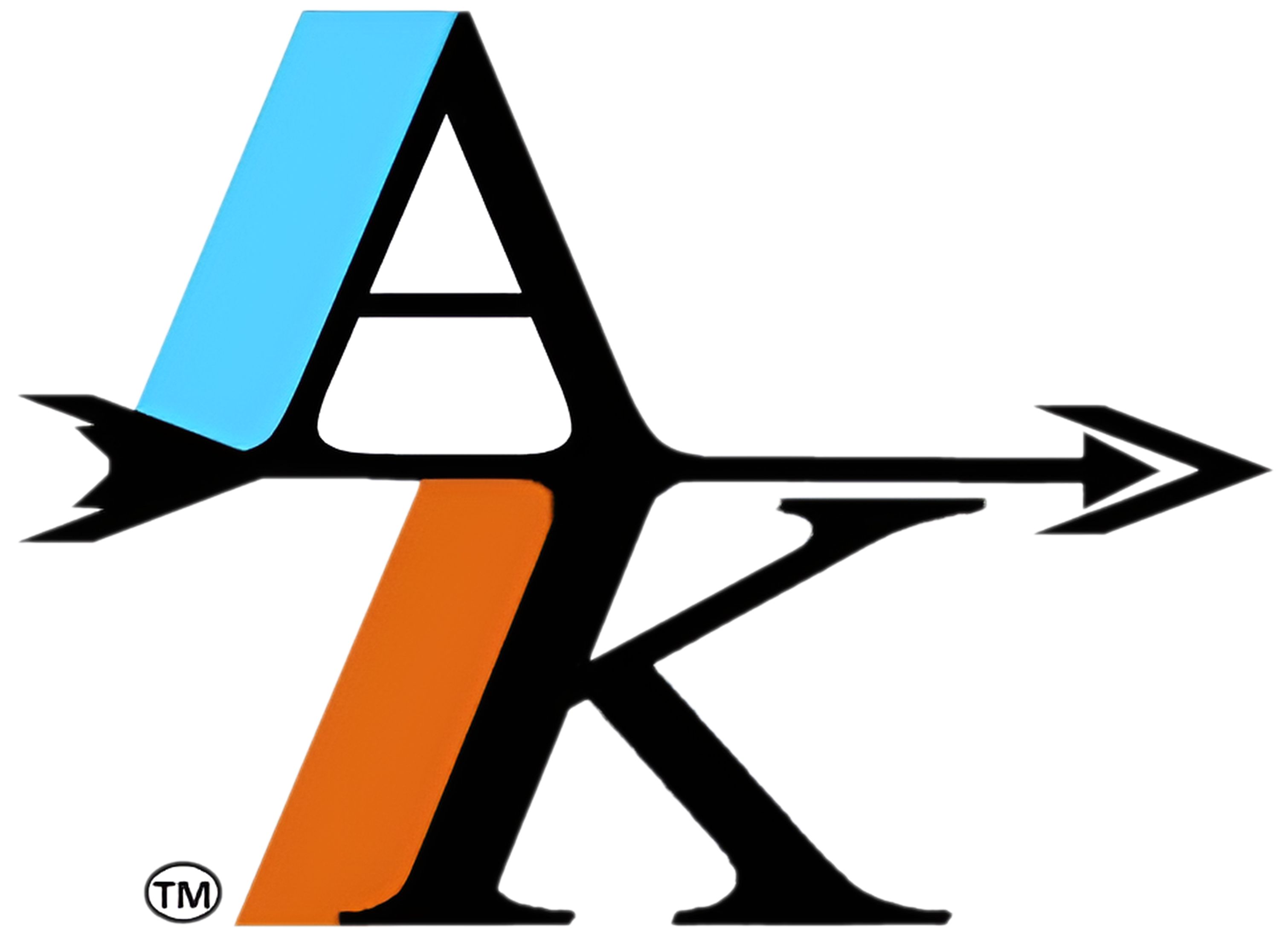An Overview of Motor Truck Cargo Insurance
Motor truck cargo insurance is a crucial aspect of the transportation industry. Whether you are a truck owner-operator or a freight broker, understanding the ins and outs of motor truck cargo insurance is essential to protect your business and the goods you transport. In this, we will review the key aspects of motor truck cargo insurance, including why it is important, the types of coverage available, coverage limits and exclusions, factors that affect insurance rates, insurance providers, filing a claim, common misconceptions, and tips for minimizing cargo risks and losses.
Cargo insurance serves as a safety net for brokers, operators, and the owners of the cargo. It provides financial protection in the event of theft, damage, or loss of cargo during transportation. Without proper coverage, truck owners and freight brokers are exposed to significant financial risks. Accidents, thefts, and natural disasters can occur unexpectedly, leading to substantial losses. This type of insurance ensures that all parties involved in the transportation process have peace of mind knowing that they are protected against potential financial liabilities.
Types of Insurance Coverage
Get to know your policy. Motor truck cargo insurance offers different types of coverage to meet the unique needs of the transportation industry. The most common types of coverage include:
- Broad Form Coverage: This type of coverage protects against all risks of physical loss or damage to cargo, except for specific exclusions mentioned in the policy.
- Named Perils Coverage: Named perils coverage provides protection against specific risks mentioned in the policy. Common perils covered include fire, theft, collision, and natural disasters.
- Warehouse Legal Liability Coverage: Warehouse legal liability coverage applies when the goods are temporarily stored in a warehouse or other storage facility. It protects against loss or damage that may occur while the cargo is in storage.
- Reefer Breakdown Coverage: Reefer breakdown coverage is specific to refrigerated goods. It provides protection against spoilage or damage caused by mechanical breakdown of the refrigeration unit.
Understanding the Coverage Limits and Exclusions
Motor truck cargo insurance policies come with coverage limits and exclusions that policyholders should be aware of. Coverage limits refer to the maximum amount the insurance company will pay out in the event of a claim. It is essential to carefully review these limits to ensure they align with the value of the goods being transported. Exclusions are specific scenarios or circumstances for which the insurance policy does not provide coverage. Common exclusions may include acts of war, intentional damage, or improper packaging. It is crucial to understand these exclusions and evaluate if additional coverage is necessary to mitigate potential risks.
Factors that Affect Motor Truck Cargo Insurance Rates
Several factors influence motor truck cargo insurance rates. Insurance companies consider these factors when determining the premium for a policy. Some of the key factors include:
- Cargo Type: The type of goods/material being transported plays a significant role in determining insurance rates. High-value goods, such as electronics or pharmaceuticals, may result in higher premiums due to the increased risk of theft or damage. Time-sensitive delivery and Temperature-regulated cargo carries a higher risk to the insurance company. Hazardous material needs specific insurance and designation for proper cargo and liability coverage.
- Cargo Value: The value of the item(s) being transported directly impacts insurance rates. Higher-value items require higher coverage limits, leading to increased premiums.
- Driving Record: The driving record of the truck owner or operator affects insurance rates. A clean driving record demonstrates responsible driving behavior and may result in lower premiums.
- Deductible: The deductible is the amount the policyholder must pay out of pocket before the insurance coverage kicks in. Higher deductibles generally result in lower premiums. Select a deductible that fits your budget and if possible set that money aside in a high-yield account.
Motor Truck Cargo Insurance Companies
Some insurance carriers specialize in “stand-alone” insurance coverage for cargo. Whether part of a packaged policy or a stand-alone policy, the right motor truck cargo insurance is a crucial decision for truck owners and freight brokers. Consider the following factors when choosing an insurance provider:
- Industry Experience: Insurance providers should have extensive experience in the transportation industry. They will have a better understanding of your specific needs and potential risks.
- Financial Stability: It is vital that the insurance company is financially stable and able to fulfill its obligations in the event of a claim. Many insurance carriers over the years have gone bankrupt due to lack of experience and financial stability.
- Customer Service: Good customer service is essential when dealing with insurance claims. Insurance providers with a reputation for prompt and reliable customer support is extremely important with tough situations.
- Policy Flexibility: Seek an insurance provider that offers flexible policies tailored to your specific needs. A one-size-fits-all approach may not adequately cover your unique requirements.
Filing an Insurance Claim
In the unfortunate event of cargo loss or damage, it is crucial to know the steps involved in filing a motor truck cargo insurance claim. Follow these steps to ensure a smooth claims process:
- Notify the Insurance Provider: Each driver should store the phone number for the “claims department” of your insurance carrier in their phone. Contact your insurance provider immediately to report the loss or damage. Provide them with all necessary information, including the policy number, date of the incident, and details of the cargo.
- Gather Supporting Documentation: Collect all relevant documents related to the loss or damage, such as bills of lading, delivery receipts, photographs, and police reports, if applicable.
- Submit the Claim: Complete the necessary claim forms provided by your insurance provider. Attach the supporting documentation and submit the claim within the specified time frame.
- Communicate and Cooperate with the Insurance Adjuster: Once the claim is submitted, an insurance adjuster will be assigned to assess the damages. Cooperate fully with the adjuster by providing any additional information or documentation they may require. As the policy holder you have rights within the policy language, but you do not have the right to ignore and avoid the insurance adjuster. Ignoring phone calls, paperwork, etc. may void coverage!
Common Misconceptions About Motor Truck Cargo Insurance
There are several misconceptions surrounding motor truck cargo insurance that can lead to confusion. It is important to clarify these misconceptions to ensure a clear understanding of this insurance coverage. Some common misconceptions include:
- Assuming Liability Coverage is Sufficient: Liability coverage protects against damage to third-party property or injury to third parties. It does not cover damage or loss of the cargo in your care custody and control.
- Assuming the Insurance Covers Everyone: While the over-the-road carrier may have their insurance, it is crucial for freight brokers, and warehouses to have their own insurance policy to protect their interests.
- Being listed as an Additional Insured: Rule of thumb, if your business didn’t purchase the insurance policy, chances are, you’re not covered. An insurance company is contracted with the company that purchased the insurance (named insured) and is not under the same contractual obligations to the companies listed as an additional insured.
- Thinking That Liability Insurance will help: Cargo is a specific risk that requires specific insurance coverage. General liability insurance policies and auto policies are not designed provide protection against losses related to cargo.
Tips for Minimizing Risks and Losses
While motor truck cargo insurance provides essential coverage, taking proactive measures known in the insurance industry as “proactive risk management” to minimize cargo risks and losses is equally important. By being proactive with risk management you will gain a reputation with clients and brokers as a company they can safely count on. Consider these tips to reduce the likelihood of cargo damage or loss:
- Properly Securing and Packaging: Ensure that the cargo is packaged and secured correctly to withstand transportation conditions. Use appropriate packaging materials and secure the cargo with approved tie-downs or other appropriate restraints to prevent shifting or damage.
- Regular Vehicle Maintenance: Maintain the truck and its equipment regularly to minimize the risk of breakdowns or mechanical failures during transportation.
- Driver Training and Safety: Provide comprehensive driver training programs to promote safe driving practices and reduce the risk of accidents or cargo damage.
- Security Measures: Implement security measures such as GPS tracking systems, alarm systems, and secure parking areas to deter theft and unauthorized access to the cargo.
- Policy Knowledge: The insurance company expects the policy holders to understand and accept responsibility for the policy they purchase. Insurance policies look long and complex documents at first glance, but when reviewed in sections they are much easier to navigate and understand. As important as good insurance agents are, it is the responsibility of the policy holders to know the insurance policy/coverage they are purchasing. Your business + Your policy = Your Responsibility.
- Provide Good Information: An insurance agent, and ultimately your insurance policy is only as good as the information provided by you. In addition, policy language may void or restrict coverage if you are not upfront with the insurance carrier and agent about your business operations. At the very least, withholding information will very likely lead to cancelations and higher insurance premiums.
- Reporting and Safety Manuals; Make sure each driver is equipped with safety procedures and information manuals. Accessing regulations, service and maintenance logs, and accident/incident forms should be easily retrieved within each vehicle.
Motor truck cargo insurance is a crucial aspect of your transportation company that provides protection against financial loss, regulatory requirement violations. Understanding the various aspects of motor truck cargo insurance, including coverage types, limits, and exclusions, is essential for truck owners and freight brokers. By choosing the right insurance provider, knowing the steps to file a claim, and taking proactive measures to minimize risks, businesses can safeguard their interests, ensure a smooth transportation process, and be ready for the unexpected.
Secure your cargo today by contacting one of our licensed insurance brokers!

